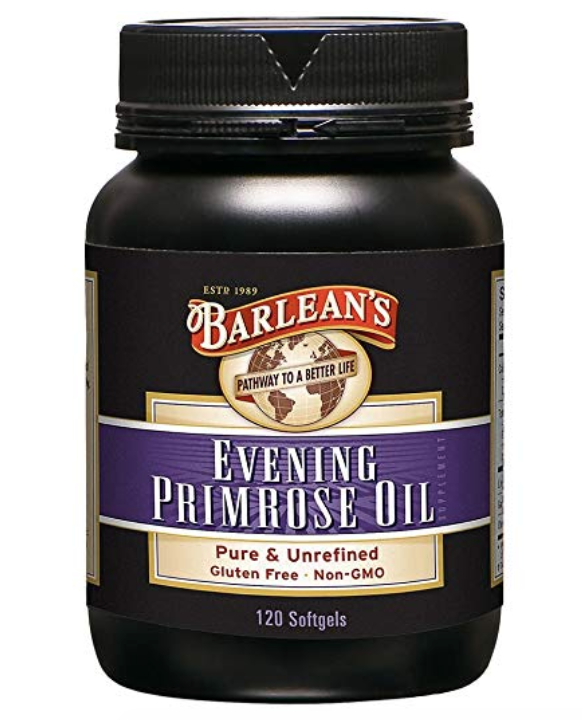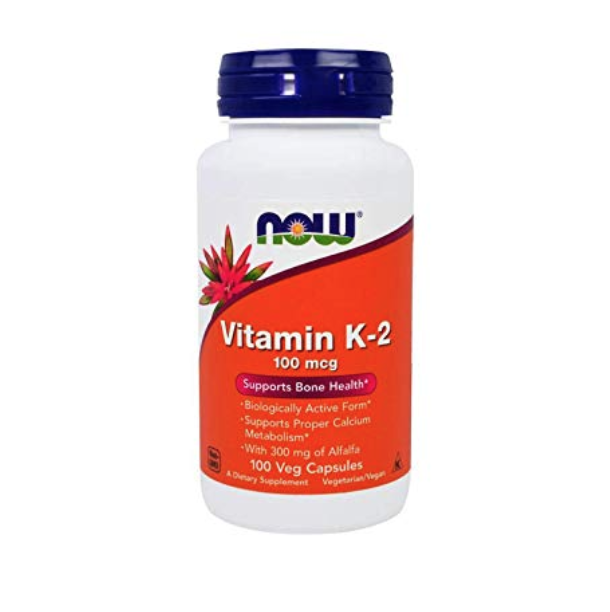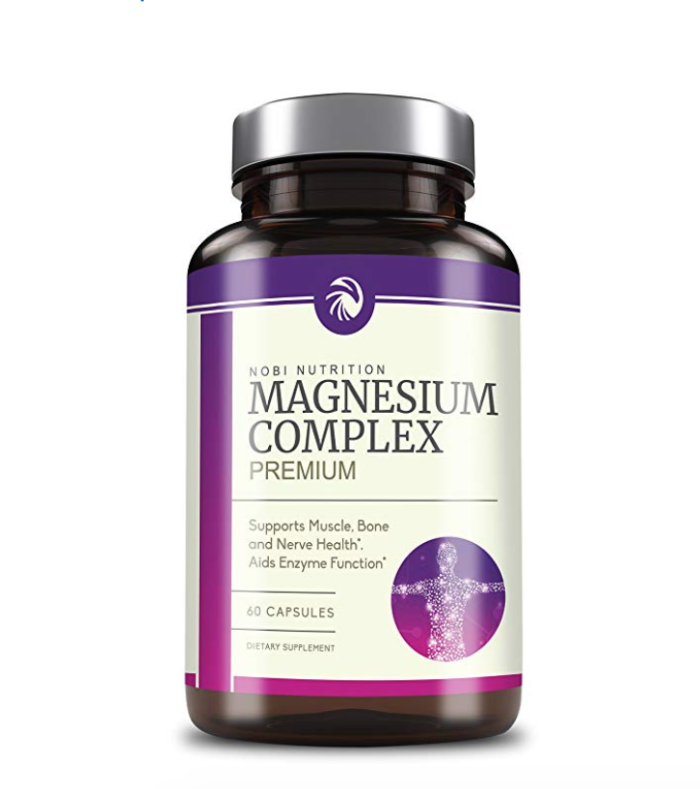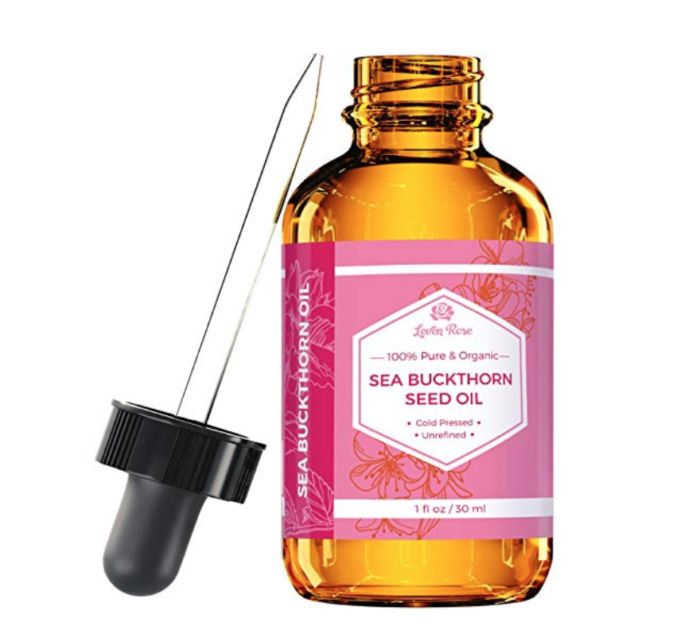My darlings, today we have the knowledgeable Dr. Sarah Brewer on the blog. Dr. Sarah Brewer is not only a Registered Doctor but also a Registered Nutritionist, a Registered Nutritional Therapist, and an award-winning health writer. Today she gives us great information on the supplements we should be taking after 50. I do hope you enjoy and learn a lot just as I have!

Finding The Right Supplements
With so many different supplements available, it’s not always easy to select the best ones for you. While everyone is different, thankfully a few supplements are particularly suited for women over the age of 50.
Do You Need a Multivitamin?
Diet should always come first, but if you are cutting back on food to lose weight or because of intolerances, a vitamin and mineral supplement may be a good idea.
Select one designed for someone over 50. Make sure to take an account of changing needs such as reduced absorption–due to lower production of stomach acid–reduced synthesis of vitamin D in your skin, and a reduced need for iron after menopause.
You can download my free guide, “Do You Need A Multivitamin?” to help determine what your body needs.
Omega-3 Fish Oil For Healthy Circulation
Adding Omega-3 fish oil to your routine supplies healthy, long-chain fatty acids including DHA and EPA to relieve inflammation, protect against unwanted blood clots and protect against abnormal heart rhythms.
Omega-3s are also important for brain function and mood regulation. Again, your diet should always come first.
If you eat two portions of fish per week and one of which is oily –for example salmon, mackerel, herring or sardines–you may not need a supplement. However, if you don’t eat much fish, an omega-3 fish oil supplement is a good idea. A typical dose includes 1g of fish oil per day.
Evening Primrose Oil for Lovely Skin
Evening primrose oil is a wonderful supplement that I do not want to live without.
This oil supplies a fatty acid called GLA, which helps make skin cells more supple. Within a few weeks of starting to take it, you will notice a significant improvement in skin hydration, softness, luminosity, and elasticity.
It is particularly helpful for reducing itching, flaking, and dryness of the shins, which often occurs after menopause.
Evening primrose oil also discourages fine lines, plumps out wrinkles and reduces mottling and age spots. It accomplishes these tasks by regulating the activity of an enzyme (tyrosinase) involved in making melanin pigment. As a bonus, it has also been shown to reduce menopausal hot flashes.
If you have dry skin, start with a dose of 2g per day. Then drop back to a maintenance dose of 1g per day once symptoms improve.
Isoflavones For Menopause
If you experience troublesome menopausal symptoms, the most effective treatment is prescribed hormone replacement therapy. However, if you are unable or unwilling to take estrogen, soy isoflavones offer a natural alternative with weak, estrogenic effects.
The results from 19 clinical trials show that isoflavone supplements reduced the incidence of hot flashes from 39% – 51% compared to an inactive placebo. Amazingly, the severity of hot flashes is typically reduced by 26% within six to twelve weeks.
Other studies show that soy isoflavones help to dilate coronary arteries, improve cholesterol balance and reduce blood stickiness to prevent unwanted clotting. They also help reduce bone thinning.
A typical dose will be between 50mg – 100mg daily. If you have a history of estrogen-sensitive conditions, such as endometriosis or female cancer, check with your doctor before taking isoflavone supplements.
Vitamin K2 Protects Your Arteries
Vitamin K comes in two main forms.
K1 is the plant form found in cauliflower, broccoli and dark green leaves, which accounts for 90% of dietary intake. Only a small amount is in the form of vitamin K2, which is obtained from liver, egg yolk, meats, cheese and fermented foods including yogurt and natto.
Most vitamin K1 is used by the liver to make clotting proteins, while vitamin K2 is used by other tissues. Circulation, for example, uses K2 to activate proteins that transport calcium away from artery walls. While in bones, it activates proteins that bind calcium to protect against osteoporosis. As well, vitamin K2 helps guard against the hardening and calcification of coronary arteries to protect against heart disease.
You should know that while you can convert excess vitamin K1 to vitamin K2, this does not happen when dietary vitamin K is in short supply. Make sure you look for supplements that provide vitamin K2 rather than vitamin K1.
Ubiquinol For Energy
The age of 50 is also a good time to start taking coenzyme Q10, as production declines from your mid-twenties onwards. This vitamin-like substance is needed for energy generation in cells, especially within the heart and other major organs.
With increasing age, your cells become less efficient at making their own coenzyme Q10. This has been linked with reduced organ function and rising blood pressure. Coenzyme Q10 supplements are available in two main forms: an active, body-ready form called ubiquinol and an oxidized form known as ubiquinone.
Before it can act, ubiquinone must be converted into ubiquinol. This conversion becomes less efficient with age. Ubiquinol is therefore considered the better form for those over the age of 50.
A typical dose is 100mg of ubiquinol, which is equivalent to around 280mg of the ubiquinone form. Ubiquinol is especially helpful when you feel fatigued. It’s important to note that if you are taking a statin drug, it switches off coenzyme Q10 production. This may contribute to statin-related muscle symptoms.
Magnesium For Heart Health
Magnesium is one of the most important minerals for long-term health and also one that is often lacking in the diet. It promotes muscle relaxation to reduce arterial spasm, improve blood pressure control, and protect against abnormal heart rhythms.
Lack of magnesium contributes to muscle fatigue, cramping, restless legs, and insomnia, as well as constipation. Dietary sources include dark green leaves, beans, fish, nuts, seeds, dried fruit, and whole grains. The processing of food tends to strip out magnesium, which is why deficiencies are common.
A typical dose includes 300mg – 400mg of magnesium per day. Be careful, as more than this can have a laxative effect. I recommend taking magnesium at night to promote sleep and a regular bowel habit the next morning.
Please check the level of magnesium in your multivitamin as you may not need more.
Sea Buckthorn Oil For Vaginal Dryness
Sea buckthorn oil is one of the best-kept secrets for older women. It provides omega-7 fatty acids, which moisturize hair, skin, and reduce dryness throughout the body.
This oil helps to relieve dry eyes by improving the lubricating quality of tears as well as reduces vaginal dryness and discomfort, which can occur after menopause.
As a bonus, Sea buckthorn oil also improves the flexibility of arterial walls and contains natural plant sterols that improve cholesterol balance. A typical dose is 500mg – 1g per day.
Calcium and Vitamin D For Bone Support
Good calcium intake is vital to protect against osteoporosis because brittle bones are not ideal at any age. This becomes increasingly important after the age of 50 when bones lose the strengthening effect of estrogen.
The best way to obtain calcium is to have the equivalent of a pint of semi-skimmed milk per day. However, if you are cutting back on dairy products or if osteoporosis runs in your family, you may benefit from a calcium supplement.
Vitamin D is needed for calcium absorption and also has an important role in immunity and mood regulation. Although you make some vitamin D in the skin through exposure to sunlight in the spring and summer, the ability to synthesize vitamin D in the skin naturally falls by at least half between from the age of 20 to 80, often more.
Typical doses are 500mg – 1g calcium per day plus 50mg of vitamin D3.
What supplements do you take? Let us know in the comments below. We want to hear from you!
 Dr. Sarah Brewer MSc (Nutr Med), MA (Cantab), MB, BChir, RNutr, MBANT, CNHC, qualified from Cambridge University with degrees in Natural Sciences, Medicine and Surgery. After working in hospitals and general practice, she recognized that many illnesses have a dietary basis and studied for a Master’s degree in Nutritional Medicine. As well as being a registered doctor, Sarah is also a Registered Nutritionist, a Registered Nutritional Therapist and an award-winning health writer.
Dr. Sarah Brewer MSc (Nutr Med), MA (Cantab), MB, BChir, RNutr, MBANT, CNHC, qualified from Cambridge University with degrees in Natural Sciences, Medicine and Surgery. After working in hospitals and general practice, she recognized that many illnesses have a dietary basis and studied for a Master’s degree in Nutritional Medicine. As well as being a registered doctor, Sarah is also a Registered Nutritionist, a Registered Nutritional Therapist and an award-winning health writer.
If you enjoyed this piece, please subscribe to my email list. When I post a story, you will receive it in your inbox. SUBSCRIBE HERE!





My gyn has me take iodine because she says it opens every thing up and the supplements work better.
So enjoyed this medical information. It is so important.
So happy you enjoyed. Warmly, Honey